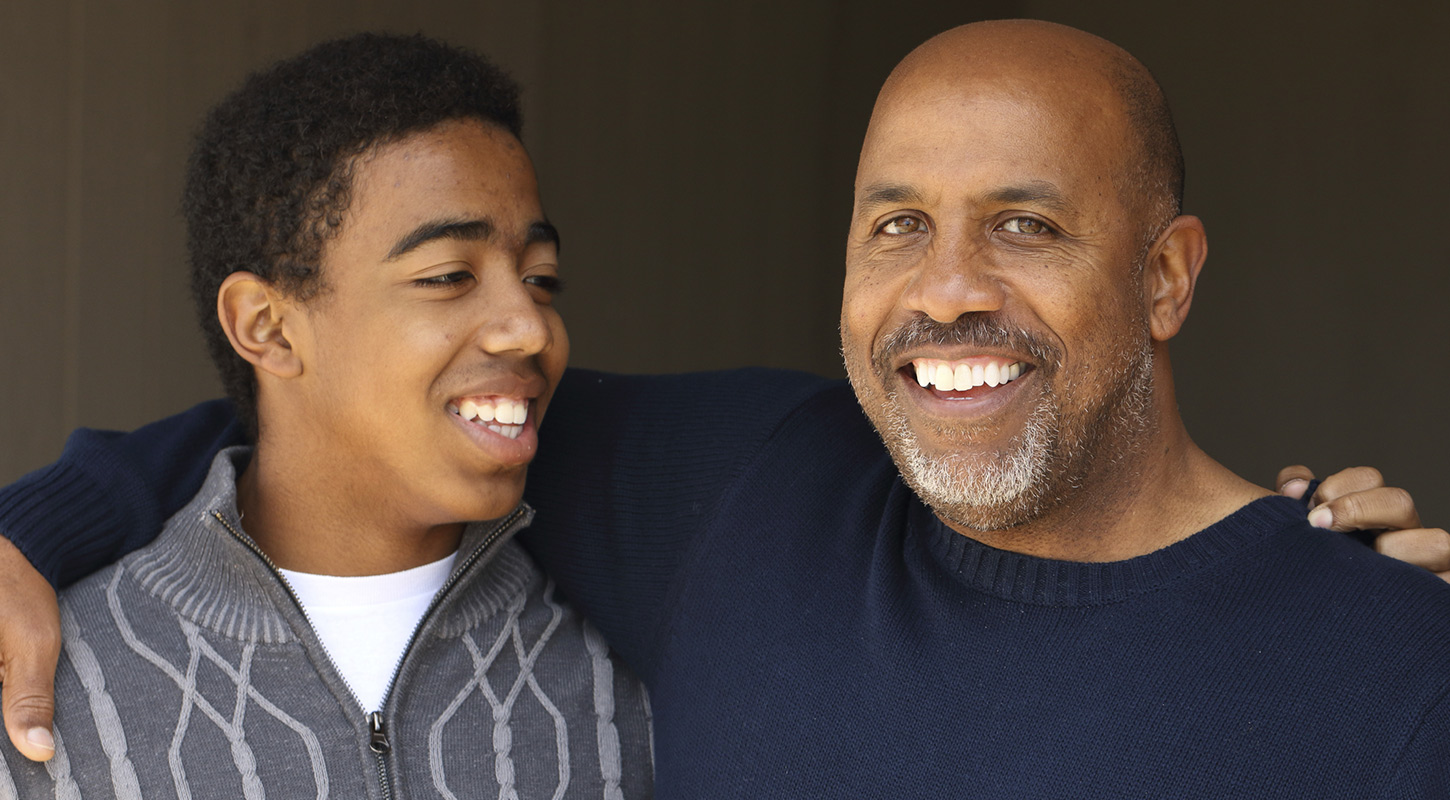How to Encourage Kids to Say “No” to Tobacco

Did you know that 90% of adults who smoke, began smoking as kids? In honor of World No Tobacco Day (May 31), there’s no better time to start talking to your kids about smoking. In fact, most people recommend starting the conversation at as early as 5 or 6 years old. This might seem early, but giving children this information sooner rather than later can help prevent them from starting to smoke at age 11, when many children begin using tobacco.
There are a variety of reasons that kids are drawn to cigarettes and other tobacco products. These include:
- To look cool or impress others
- A desire to lose weight
- To feel independent or older than their age
By opening a line of communication with your kids on this subject at a young age, they will feel more comfortable talking to you about the pressures they may be feeling to smoke.
If you currently smoke, the most important first step you can take is to quit smoking yourself. Because children look to their parents as an example, explain to your child that you made a mistake by smoking and share how you are working toward quitting. Additionally, don’t offer him cigarettes or leave them out in the open where he can easily find them.
Dangers of Smoking
Educating your child about the dangers of smoking can help keep him from smoking or encourage him to quit if he has already started. If you have a close friends or family members who have been impacted negatively by the effects of tobacco, or even secondhand smoke, share their stories. Make sure your child knows what smoking will do to his body, including the potential on-set of:
- Heart disease
- Cancer
- Emphysema
- Lung disease
- Irritation of the throat
- Chronic coughing
- Increased blood pressure
- Increased heart rate
- Bronchitis
- Yellowed teeth
- Bad breath
- Discolored skin and nails
Ask your child to share what he finds attractive about smoking so you can properly address his feelings. You can also use books, videos, or movies to help drive the point home. Support his opinions so he doesn’t feel attacked and offer reasoning he can use if he’s feeling pressured by someone to try smoking.
If you’re concerned that your child may already be smoking or are looking for other resources to help educate him, speak with your doctor for more information.
